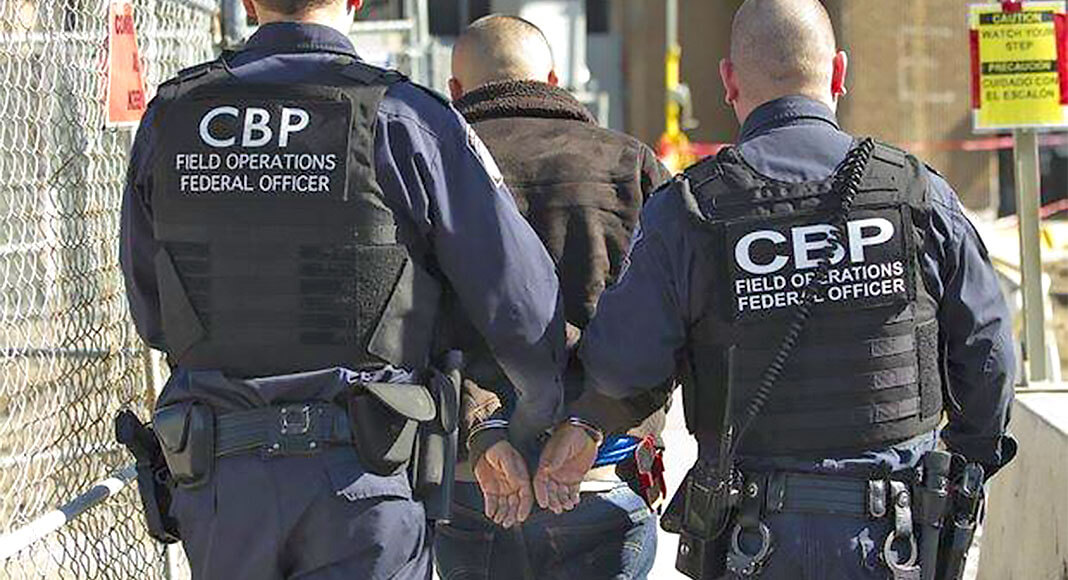
Texas Border Business
LAREDO, Texas—U.S. Customs and Border Protection (CBP) officers at the Laredo Port of Entry detained a man at the Gateway to the Americas International Bridge who had an outstanding warrant out of Noblesville, Indiana, for child molestation.
“Our officers remain vigilant in keeping our borders secure and apprehending wanted persons with outstanding warrants is an important part of carrying out our border security mission,” said Port Director Albert Flores, Laredo Port of Entry.
The apprehension occurred Wednesday, Jan. 5 at the Gateway to the Americas International Bridge. A CBP officer processing vehicle traffic arriving from Mexico, referred Roberto Casso, a 79-year-old male United States citizen, for a secondary inspection. After escorting the passenger to secondary, subsequent biometric verification through law enforcement databases confirmed that the subject had an outstanding felony warrant for child molestation pursued by the Hamilton County Sheriff’s Department in Noblesville, Indiana.
CBP officers confirmed the warrant to be active. CBP turned Casso over to the custody of the Webb County Sheriff’s Office.
The National Crime Information Center (NCIC) is a centralized automated database designed to share information among law enforcement agencies including outstanding warrants for a wide range of offenses. Based on information from NCIC, CBP officers have made previous arrests of individuals wanted for homicide, escape, money laundering, robbery, narcotics distribution, sexual child abuse, fraud, larceny, and military desertion. Criminal charges are merely allegations. Defendants are presumed innocent unless and until proven guilty in a court of law.












